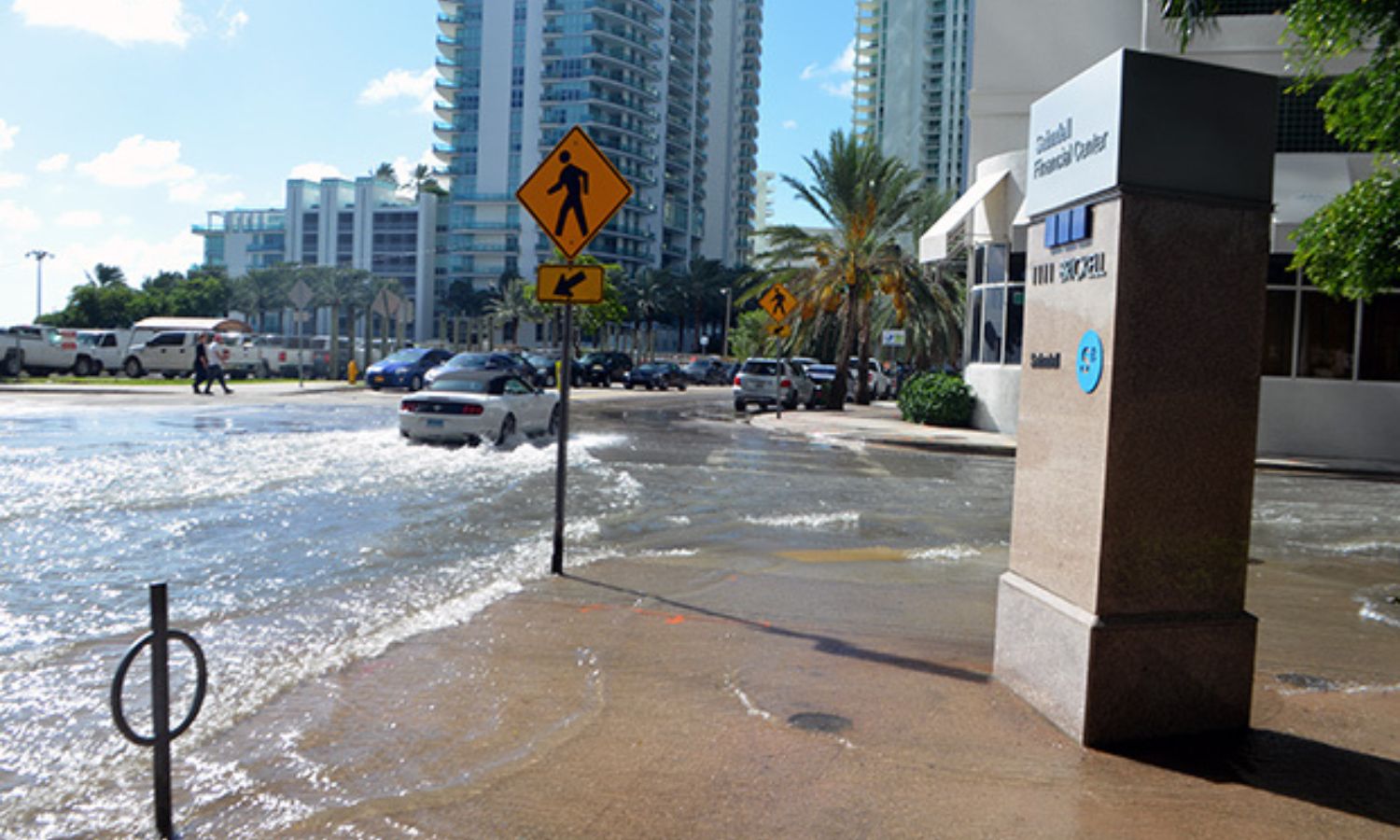Florida, renowned for its allure to tourists, retirees, and snowbirds, presents residents with various risks that are crucial to be aware of. Below are the seven predominant challenges and hazards faced by those living in the Sunshine State.
1. Hurricanes and Storms
Florida is susceptible to hurricanes and tropical storms, primarily during the Atlantic hurricane season from June to November. These formidable weather events can result in extensive damage, flooding, power outages, and, unfortunately, even fatalities. The National Hurricane Center reports that Florida has experienced 121 direct hits since 1851, making it the state most affected by hurricanes in the US.
2. Sinkholes
Sinkholes, natural depressions or holes in the ground formed when underlying rock or soil collapses, pose a significant risk in Florida. The state’s geology, characterized by porous limestone vulnerable to dissolution by acidic groundwater, contributes to a heightened risk of sinkholes. Varying in size and depth, these phenomena can engulf cars, houses, and even entire neighborhoods. According to the Florida Department of Environmental Protection, there are over 15,000 documented sinkholes in the state.
3. Alligators and Crocodiles
Florida is home to both alligators and crocodiles, large predatory reptiles that can pose threats to humans and pets. Alligators are more common, while crocodiles are predominantly found in the southern tip of the state. Growing up to 15 feet long and weighing over 1,000 pounds, both species have been associated with unprovoked attacks. The Florida Fish and Wildlife Conservation Commission reports 413 unprovoked alligator attacks and 25 fatalities since 1948, with no recorded crocodile attacks, although both are considered dangerous.
4. Heat and Humidity
Florida’s hot and humid climate, with average temperatures ranging from 65°F to 81°F throughout the year, poses health challenges. Summer months, especially, are characterized by temperatures exceeding 90°F and humidity levels surpassing 90%, leading to heat-related illnesses. The Centers for Disease Control and Prevention notes Florida had the highest number of heat-related deaths in the US from 2004 to 2018, totaling 1,353 fatalities.
5. Invasive Species
Florida serves as a hotspot for invasive species, non-native plants, or animals causing harm to the environment, economy, or human health. Notable invaders include the Burmese python, lionfish, giant African land snail, Brazilian peppertree, and cane toad. These species can outcompete native ones, damage crops and infrastructure, spread diseases, and alter ecosystems. The University of Florida estimates the cost of managing these invaders at $120 million annually, with over 500 non-native species established in the state.
6. Crime and Violence
Florida grapples with a high crime rate compared to the national average. According to the FBI, in 2019, Florida had 3,855 violent crimes and 27,551 property crimes per 100,000 residents, ranking 6th and 2nd in the nation, respectively. Cities such as Miami, Orlando, Jacksonville, Tampa, and Fort Lauderdale experience common crimes like robbery, burglary, theft, assault, and murder.
7. Traffic and Accidents
Florida’s bustling population, with over 21 million residents and 131 million visitors in 2019, contributes to congested and chaotic roads. This results in traffic jams, delays, and accidents. In 2019, the Florida Department of Highway Safety and Motor Vehicles recorded 401,867 crashes and 3,185 fatalities, averaging 1,101 crashes and 8.7 deaths per day. Key causes of accidents include speeding, distracted driving, drunk driving, and aggressive driving.
Conclusion
While living in Florida offers rewarding experiences, it is essential to acknowledge and take precautions against the potential risks and challenges. By doing so, residents can fully enjoy the state’s benefits while minimizing potential hazards.
READ MOER
This Restaurant in New Jersey’s That Has Been Named the Weirdest Restaurant

